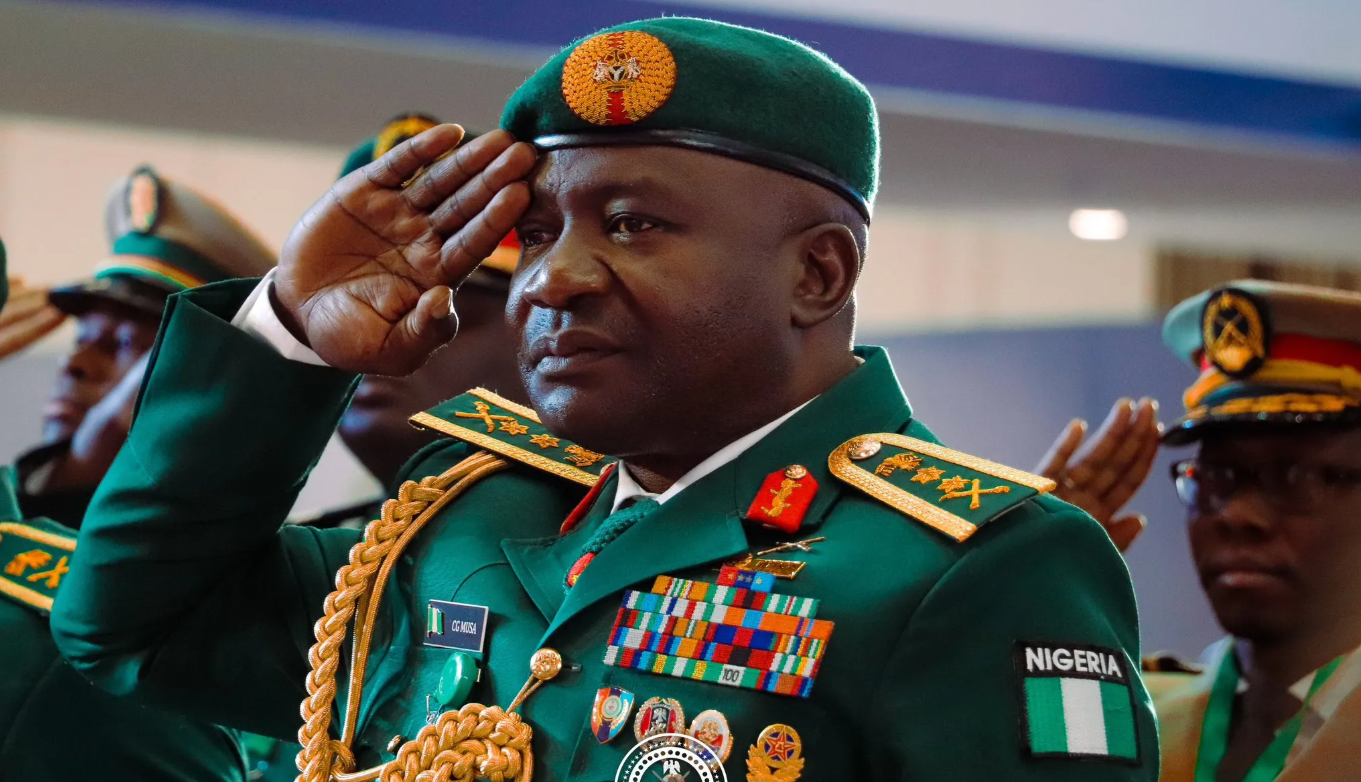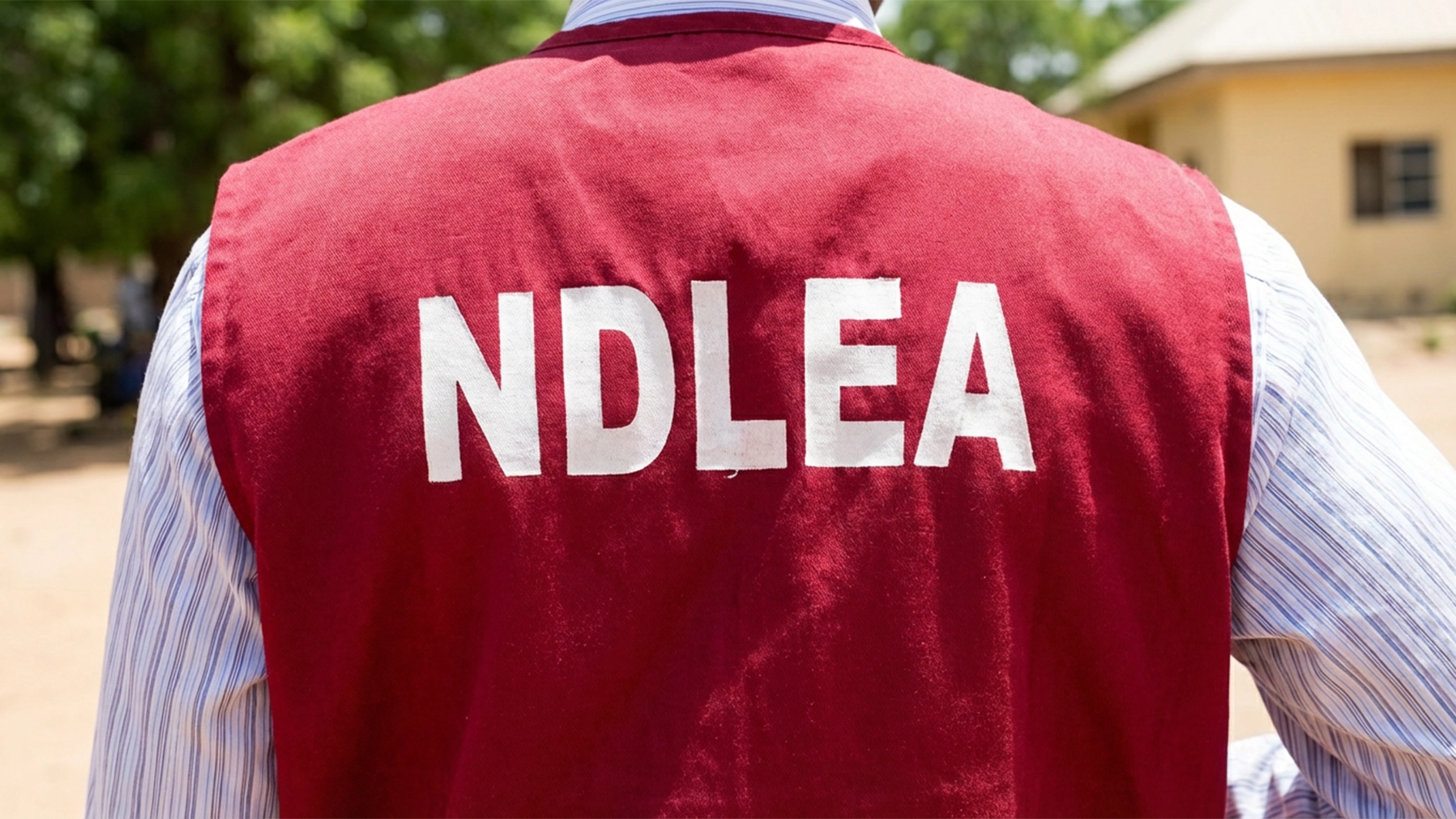Lagos Insists On Genuine Federalism, Devolution Of Powers
Prominent stakeholders from across the South-West converged on Lagos on Friday for the zonal public hearing on the review of the 1999 Constitution, where the Senate observed that previous amendments failed to address several fundamental governance challenges facing Nigeria.
The upper legislative chamber noted that despite various efforts in the past to introduce state police, enshrine roles for traditional institutions, and devolve more powers to sub-national governments, most of the initiatives failed to secure the required two-thirds approval from State Assemblies.
Deputy President of the Senate and Chairman of the Senate Committee on the Review of the 1999 Constitution, Senator Barau I. Jibrin, made these observations during the public hearing held at Watercress Hotel, Ikeja.
The event drew notable dignitaries, including Lagos State Governor, Babajide Sanwo-Olu, represented by his deputy, Dr. Obafemi Hamzat; Southwest Chairman, Conference of Speakers of State Legislatures, Adeoye Aribasoye; and several traditional rulers such as the Alaafin of Oyo, Oba Abimbola Owoade; Ooni of Ife, Oba Adeyeye Ogunwusi (Ojaja II); Ewi of Ado-Ekiti, Oba Adeyemo Adejugbe; Ayangburen of Ikorodu; Olowo of Owo, Oba Ajibade Ogunoye; Olu of Ilaro, Oba Kehinde Olugbenle; Oba Adewale Shotobi; and Oluyin of Iyin-Ekiti, Oba Adeniyi Ajakaye, among others.
Since the return to democratic rule in Nigeria in 1999, the National Assembly has made five separate attempts to amend the Constitution, each resulting in piecemeal changes to the grundnorm.
Represented at the event by the Senate Leader and Vice Chairman of the Committee, Senator Opeyemi Bamidele, Jibrin stated that despite the efforts, the amendments had not addressed key national issues.
He said: “To respond to the demands of Nigerians, the National Assembly has enacted five alterations to the Constitution, first through fifth Alteration Acts, addressing governance, institutional strengthening, and national aspirations. However, fundamental national questions remain unresolved, many of which go beyond routine law-making.”
Jibrin disclosed that the committee received hundreds of memoranda from citizens and stakeholders across the country on unresolved issues, mainly due to lack of national consensus and the dynamic nature of governance.
He identified the unresolved issues to include electoral reforms and adjudication, judicial reforms, especially in case management and administration, enhancements to local government administration, formal roles for traditional institutions, gender equity and inclusion, devolution and distribution of powers and national security and policing.
He added: “The committee has reviewed and drafted these memoranda into bills and is now presenting them for public input and further discussion. We are not here to impose views but to be guided by best legislative practices, integrity, open-mindedness, and patriotism.”
In his remarks, Sanwo-Olu commended the Senate Committee for its efforts, noting that the country’s challenges go beyond legal frameworks and strike at the heart of Nigeria’s identity and shared aspirations.
He outlined key areas requiring reform to include: Genuine federalism and power devolution; strengthening of local governments; creation of new states; electoral and judicial reforms; increased participation of women and youth in politics and public security, including the need for state police.
The governor noted that the current process is not just another chapter in the country’s constitutional history, but “a critical opportunity for the people of Lagos and the South-West to shape our highest law.”
“We must approach it with a sense of fairness, equity, and justice by listening to all voices, young and old, male and female,” he said.
He emphasised that the Constitution must reflect the hopes, fears, and dreams of all Nigerians, and not just be a document of the elite.
Also speaking, Adeoye Aribasoye, who represented the Conference of Speakers of State Legislatures, pledged the support of South-West state assemblies for the ongoing constitutional review.
“The State Houses of Assembly will give due consideration to all proposals transmitted to them by the National Assembly. We will treat the bills in the national interest,” he pledged.






